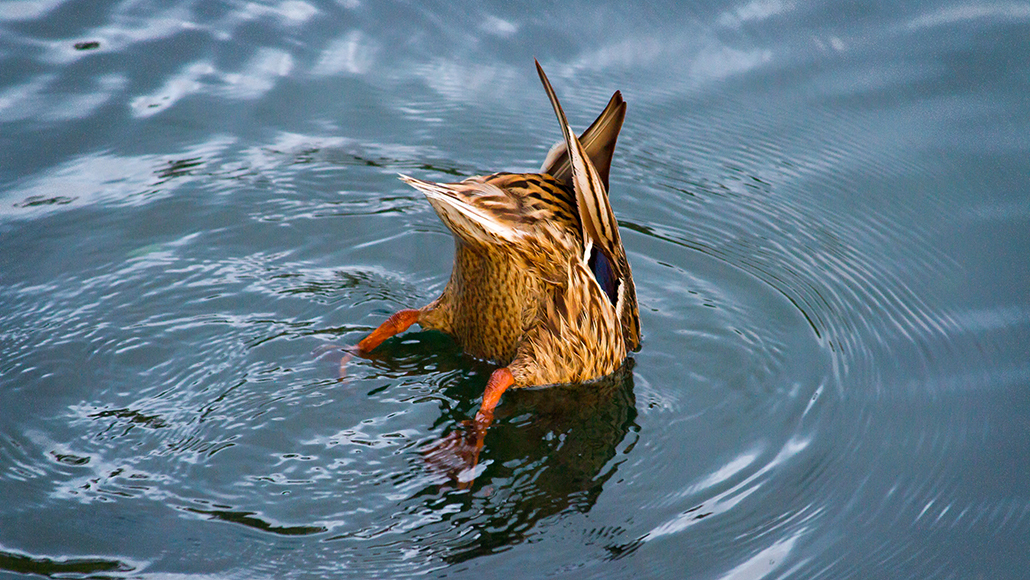
Mallard ducks that were fed fish eggs in the lab pooped out a few viable eggs. If fish eggs survive similarly in nature, this mechanism may contribute to the spread of invasive fish.
Carlos Marin/iStock/Getty Images Plus

Mallard ducks that were fed fish eggs in the lab pooped out a few viable eggs. If fish eggs survive similarly in nature, this mechanism may contribute to the spread of invasive fish.
Carlos Marin/iStock/Getty Images Plus